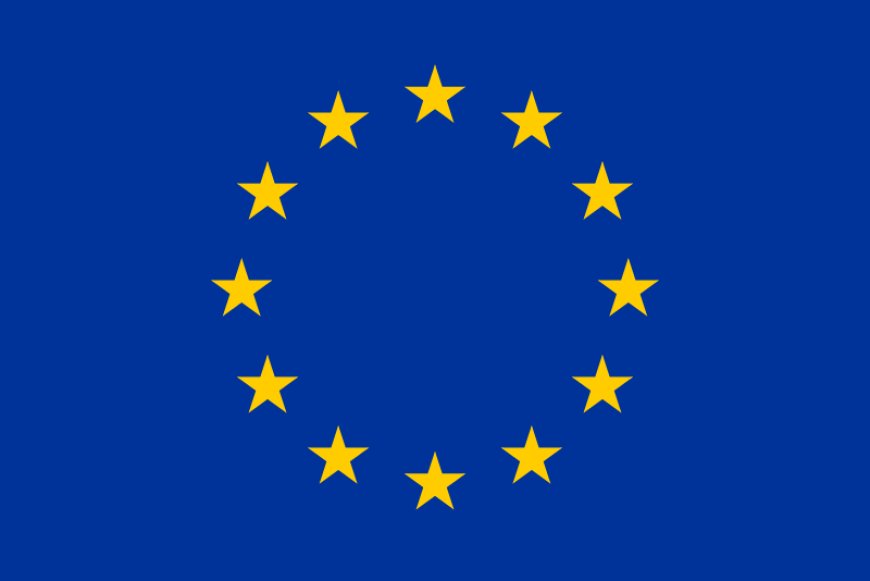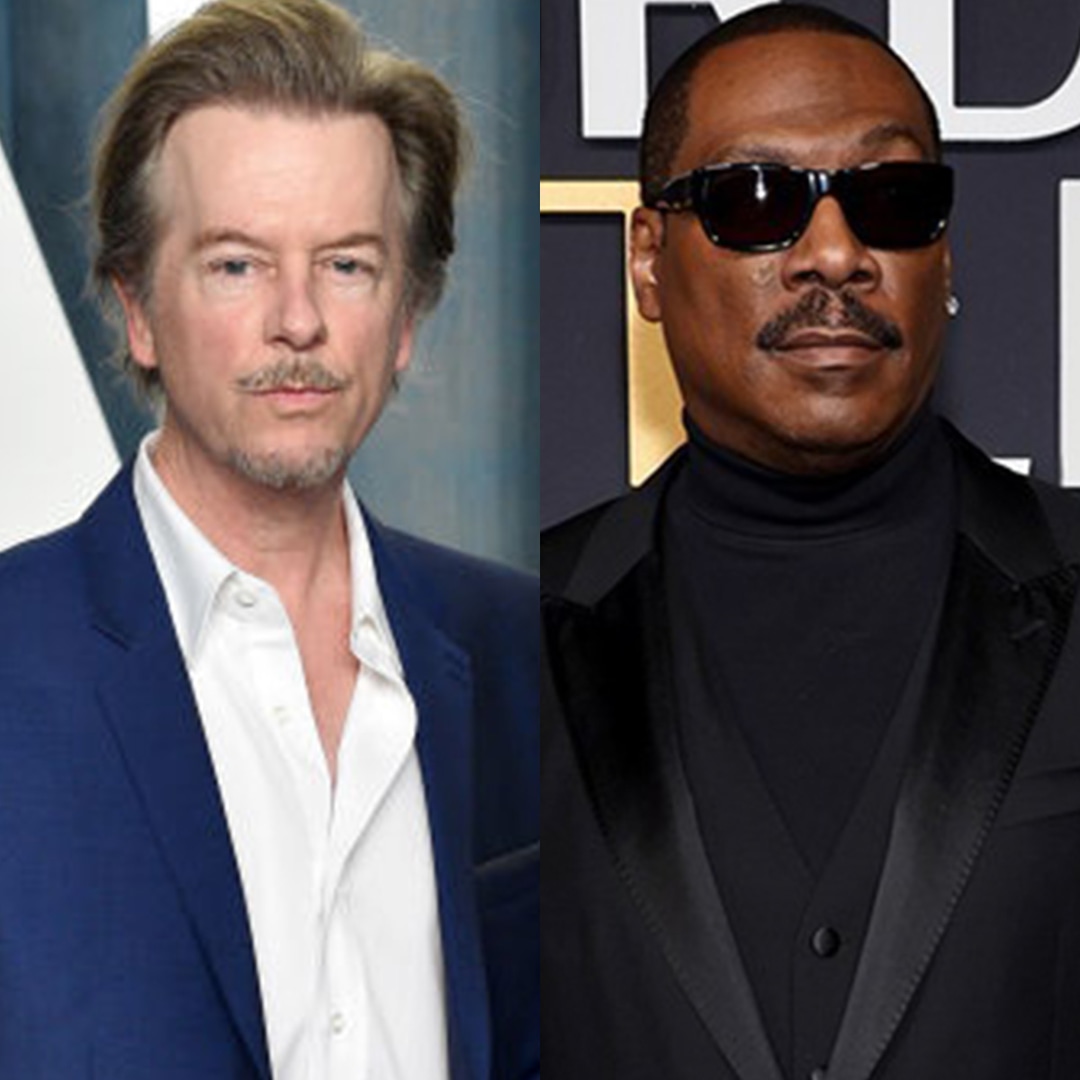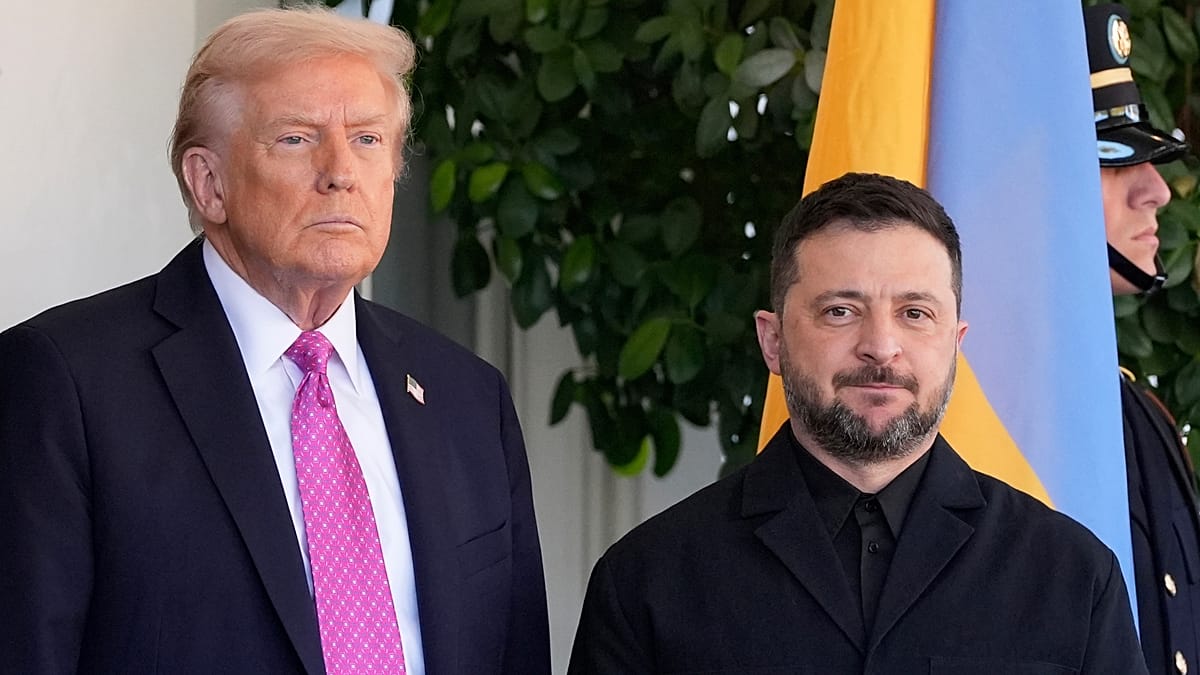Human Rights in Europe: Achievements, Challenges, and the Road Ahead
Europe has long championed human rights, but rising political tensions and new global challenges now test its legacy of freedom and equality.

Europe has long been regarded as a global leader in promoting and protecting human rights. From the aftermath of World War II to the present day, the European region has made monumental strides in building legal frameworks, institutions, and social structures dedicated to ensuring dignity, freedom, and justice for all individuals. Yet, while Europe’s commitment to human rights remains strong, the region now faces complex challenges that demand renewed attention and action.
A Legacy of Leadership
The foundations of modern human rights protections in Europe were laid in the wake of the Second World War. In 1950, the Council of Europe adopted the European Convention on Human Rights (ECHR), establishing a powerful legal instrument that holds member states accountable. The creation of the European Court of Human Rights in Strasbourg allowed citizens, for the first time in history, to bring cases directly against their governments for human rights violations.
This model of accountability quickly became a global standard. Over the decades, Europe expanded its protections to include areas like freedom of expression, the right to a fair trial, freedom of religion, and protections against discrimination based on race, gender, or sexual orientation. The European Union (EU) later reinforced these rights through its Charter of Fundamental Rights, embedding human rights into its very constitutional structure.
Progress Across the Continent
Throughout the second half of the 20th century and into the 21st, Europe became a beacon for civil liberties and democratic governance. Former authoritarian regimes in Spain, Portugal, and Eastern Europe transitioned to democracy under strong human rights commitments. The fall of the Berlin Wall and the subsequent expansion of the EU brought millions under the protection of European human rights law.
Notable successes include advances in gender equality, the protection of minority rights, the abolition of the death penalty across the entire region, and progressive asylum and refugee protections. LGBTQ+ rights, once heavily restricted, have been significantly expanded in many European countries, with marriage equality and anti-discrimination laws becoming standard in much of the region.
Moreover, Europe has remained at the forefront of climate justice movements, recognizing access to a clean environment as a fundamental human right. Recent rulings by the European Court of Human Rights have even held governments accountable for failing to meet environmental obligations.
Emerging and Persistent Challenges
Despite its progress, Europe today faces mounting challenges in protecting human rights uniformly across its territory. Rising populism, nationalism, and anti-immigrant sentiment have fueled political climates that sometimes undermine fundamental freedoms.
In several countries, including Hungary and Poland, governments have faced criticism for restricting judicial independence, limiting press freedoms, and passing laws that discriminate against minority groups. The European Commission has initiated legal proceedings in some cases, but political tensions have complicated enforcement efforts.
Meanwhile, the treatment of migrants and refugees remains a deeply divisive issue. Tragic deaths in the Mediterranean Sea, overcrowded refugee camps, and increasingly harsh border policies have raised questions about Europe’s commitment to the principles it has long championed. Humanitarian organizations, including Amnesty International and Human Rights Watch, have repeatedly called on European nations to uphold asylum rights and prevent the criminalization of humanitarian aid.
The rise of online hate speech, privacy concerns related to digital surveillance, and issues of racial inequality — particularly concerning Europe’s Roma population and migrant communities — also highlight ongoing gaps between human rights ideals and realities.
The Role of Institutions
European institutions continue to play a vital role in promoting accountability. The European Court of Human Rights receives tens of thousands of applications each year and delivers landmark rulings that shape human rights standards across the continent. The European Union Agency for Fundamental Rights (FRA) provides crucial research and policy recommendations to member states.
Furthermore, grassroots organizations, civil society movements, and independent media across Europe work tirelessly to defend rights and expose abuses, often at significant personal and financial risk.
A Future Built on Vigilance
The history of human rights in Europe shows that progress is never automatic. It requires constant vigilance, public engagement, and political courage. Safeguarding the gains achieved over the last 70 years demands that governments, institutions, and citizens alike recommit to the foundational principles of dignity, equality, and justice.
As new challenges emerge — from climate displacement to AI ethics — Europe’s role as a human rights leader will be tested again. Whether it can adapt its protections to a rapidly changing world while preserving its core values will shape not only the future of the continent but the direction of human rights globally.
Europe’s journey offers both inspiration and a cautionary lesson: that the protection of human rights is a living project, one that must be defended anew in every generation.














































